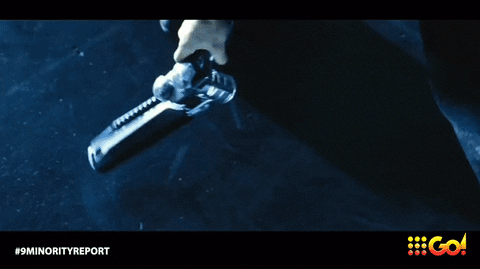The film "Minority Report" directed by Steven Spielberg, released in 2002, explores the concept of predictive policing through a futuristic lens. The movie presents an ethical dilemma that society is yet to fully grapple with - how far should we go in using technology to prevent crime before it happens?
In "Minority Report," Precrime, a system designed by the government, uses three psychics known as 'precogs' who can predict future crimes. This information is then used to arrest individuals even before they commit any offence. While this approach seems like an effective way of reducing crime rates, it raises several ethical concerns that need careful consideration.
Firstly, there are questions about the accuracy and reliability of such a system. If false positives occur frequently, innocent people could be arrested for crimes they did not intend to commit. This would lead to miscarriages of justice and erode public trust in law enforcement agencies. Secondly, it raises concerns over privacy rights as citizens may feel constantly monitored by the state without their consent. Lastly, there is a risk that such systems could be abused for political gain or personal vendettas, leading to widespread misuse of power.
In conclusion, while "Minority Report" presents an intriguing concept in predictive policing, it also highlights several ethical considerations that must be addressed before implementing similar technologies in real life scenarios. It underscores the importance of striking a balance between public safety and individual rights when developing advanced crime prevention methods.
